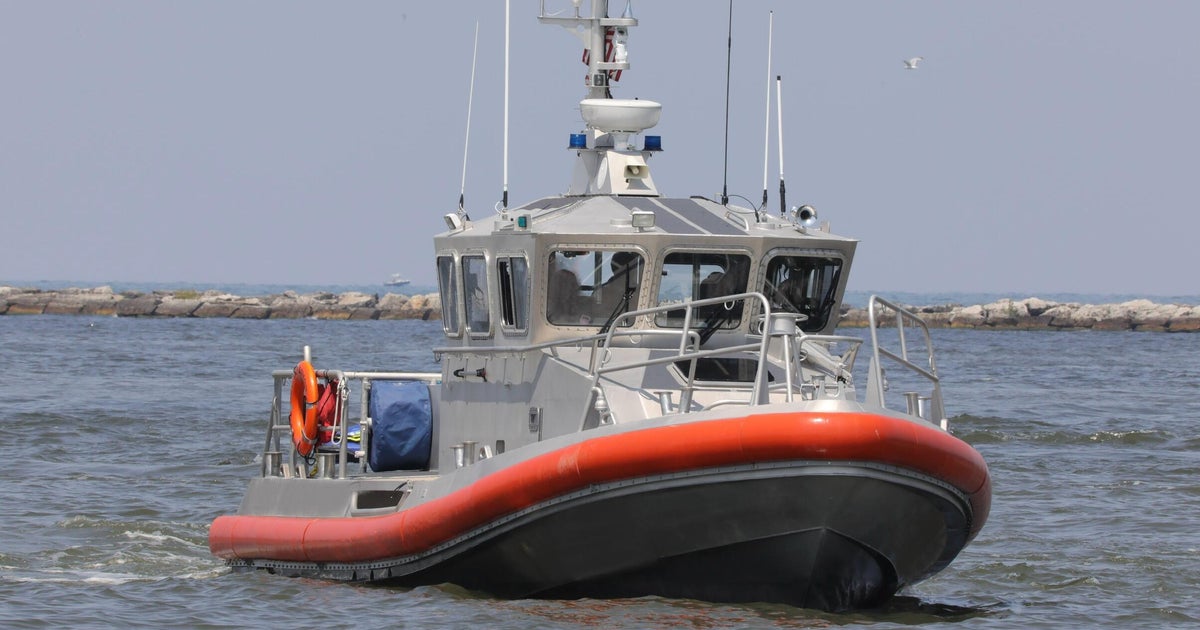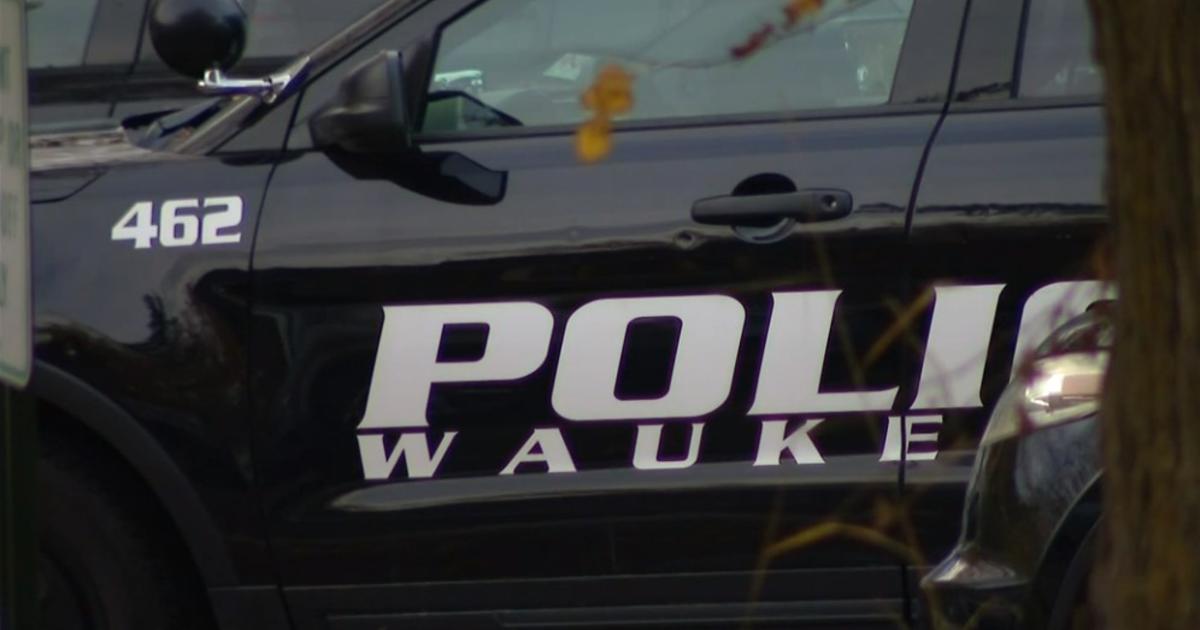Florida Man Looking For Shark Teeth In River Gets Head Bitten By Alligator
TAMPA (CBSMiami/CNN) – A Florida man is recovering after being bitten in the back of the head by an alligator while looking for prehistoric shark teeth in a river.
Jeffrey Heim suffered a skull fracture in the attack, which happened last Sunday in Sarasota County. He needed 34 staples to close the wound. He also suffered puncture wounds on his hand from an alligator bite.
The 25-year-old Tampa man thought he'd been hit by a boat propeller until he saw the alligator looking at him.
"It felt very heavy and it really felt like it was moving very fast," he told CNN. "It felt blunt. It felt like a blunt force. I didn't feel the cutting, I felt a pulling."
Heim says he'd dived in the river several times before and had entered the water at a public spot near a restaurant.
Heim spent about 10 minutes looking for gators in the water while he put on his wetsuit, but didn't see anything before he got in the water.
He was free diving, without scuba tanks, so he took a few deep breaths and dove down in hopes of finding megalodon teeth in the gravel at the bottom of the river.
Heim was underwater for about 45 seconds when the alligator struck.
After the initial bites, Heim says he was able to back away and climb back onto the river bank as the alligator lunged at him.
He says an ex-firefighter at the restaurant got a first aid kit and bandaged his head while others called 911.
"I was so lucky that I was in a public place and that there were people who I was able to call over," he said.
Heim says he felt really tired and just wanted to go to sleep after the bite. But he feared he was going to die.
Heim says he joked and made light of what happened when he first got to the hospital. But he had "a very religious and emotional moment" as he was about to get a CT scan, when he realized how lucky he was to survive.
"The situation really just emotionally came crashing down on me," he said. "I cried so hard that day for about an hour or two. (I) just could not stop crying and I was thanking God."
He spent a day-and-a-half in the hospital and says his swelling has gone down a lot. He is still taking antibiotics to fight off infection.
The Florida Fish and Wildlife Conservation Commission (FWC) says alligators become more active as their courtship activities begin in April, and as temperatures warm up.
"I was probably too comfortable diving during mating season," Heim said. "I should have known better."
Despite the severity of his injuries, Heim says he hopes the alligator isn't killed. He blamed the attack on mistaken identity.
FWC officers and a contracted nuisance alligator trapper were sent to investigate the incident, a spokesman for the agency told CNN in an email.
One alligator, a 6-foot-4-inch female, was removed from the area and the trapper is working to remove another alligator in the vicinity, the spokesman said.
Captured nuisance alligators become the property of the trapper and are usually processed for their meat and hide, but are sometimes sold to animal exhibits or zoos.
The FWC estimates that there are about 1.3 million alligators in Florida, and that the reptiles can be found in all 67 counties.
The agency said that there were 12 alligator attacks on humans in 2020. The last fatal attack occurred in 2019.
Heim says diving for fossils is his way of relaxing, and that much of what he finds goes into his collection. He turns some of the teeth into jewelry, which he sells. He says he donates some of the proceeds to promote shark conservation.
Heim says he plans to keep diving once he's well enough, but he'll stay away from the Myakka River.
(©2021 CBS Broadcasting Inc. All Rights Reserved. Cable News Network, Inc., a Time Warner Company, contributed to this report.)







